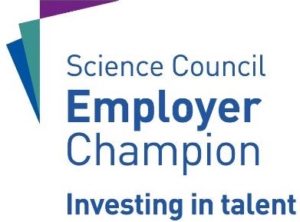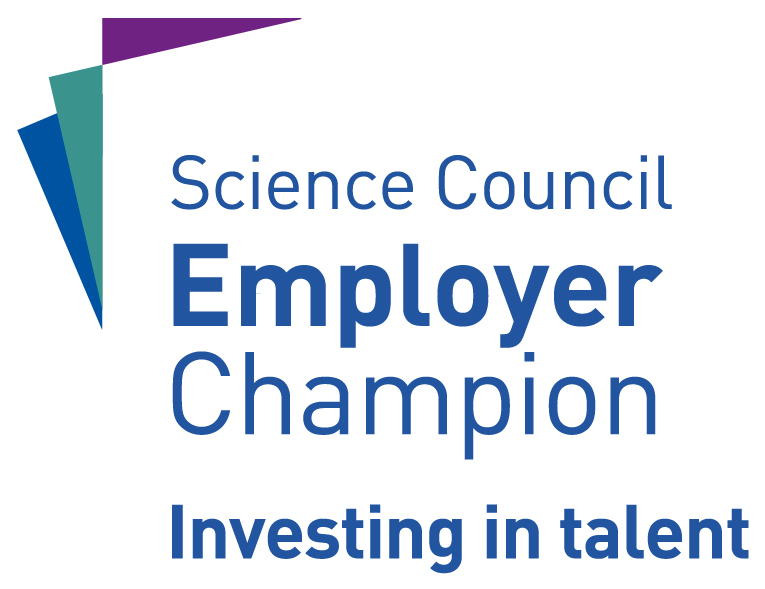
Currently there are no formal statements out from the Research Councils as a group and the issue still under discussion. However, HEFCE, Gatsby and the BBSRC have already signed up to the need for professionalisation in the technical workforce. BBSRC are pushing this in their Technician Commitment. The University of Exeter is also a signatory to the Science Council Technician Commitment.
In terms of hard evidence, an increasing number of universities are advertising jobs with the JD document saying being a member of a professional body and having recognised (Science Council, Engineering Council, etc.) professional accreditation is “essential” (or will have gained this within 3 to 6 months of taking up the post).
Also with the majority of apprenticeships applicable in our sector require the apprentice to be a member of a professional body and at least working towards registration by the end of year 2. This means new staff coming in will have already got these requirements and therefore those not engaging could be left behind.
The third push is that if you are registered your institution is obliged to provide you with annual CPD (focussed on the role of course) which keeps you up to speed and definitely employable/retainable. You will meet the needs of the flexible and agile workforce which will definitely become the norm in all universities.
If staff don’t engage then there is a possibility they will be left behind whether in teaching or research. Also other university professional services require professional registration and membership of a professional body as necessary to take the role in the first place (E.g CPID, AAT, etc) so we are simply professionalising the technical service.
At Exeter we are trying to get ahead of the game, so that when these changes come into force we will not feel any impact.
We highly recommend professional registration for technical staff. Professional registration:
- Formally recognises your previous knowledge and experience.
- Is linked to you individually, and is transferable between roles and organisations.
- It demonstrates your commitment to continued professional development and shows you maintain knowledge by keeping up to date in your field of expertise.
- It is a mutually respected and harmonised level of professional competence and understanding.
- Is visible to potential employers when you add your level after your name on CVs and address blocks.
- Is internationally recognised – it assures employers, your team and your customers that you are an accomplished professional.
Gatsby have a number of reports that are looking to address technician skills and development:
- Technician Roles, Skills, And Training In Industrial Biotechnology: An Analysis
- Our Work Supporting Technicians
- Professional Registration: The Status Our Technicians Deserve
- Professional Bodies And Apprenticeships
Find out more about professional registration here.

